In an era like ours, where technology and science are progressing at an exponential rate, it can be easy to get lost in the awe and wonder that comes with the discoveries made by innovators all over the globe. However, with all this newfound wisdom comes many ethical controversies about whether our fast-paced pursuit for knowledge may be going overboard as scientists start to meddle with the forces of nature, even going as far as to playing God. But has humankind reached its limit and exceeded the point of no return?
Undoubtedly, one of the biggest concerns that people have when it comes to science going too far is the creation of Artificial Intelligence (AI). This piece of technology that was once just Sci-Fi, as depicted in movies such as Ex Machina in 2014, is now an innovation that is continuing to advance at an alarming rate. Whilst it is certainly a handy invention that aids our daily lives, from personal assistants to advertisements, it can also wreak havoc. For example, some online platforms use AI algorithms to find misinformation that may be circulating on the web. But since these programs are trained using the data available to them, sometimes they make this problem worse and project the wrong message to everyone. In addition, AI can create realistic photos, videos and audios of people leading to a rise in deepfakes. Whilst this could be used in harmless fun, they have caused problems when it comes to spreading fake news and propaganda amongst the public. Even though we won’t need to worry about AI ruling the world for now (hopefully!), it’s hard to deny that the advancement of this tech won’t prevent it from being used for nefarious purposes in the future.
Another issue that has arisen due to the progression of science is how the knowledge discovered from it is being used and exploited, particularly in fields such as genetics. Even though the breakthroughs made in this sector have certainly been used to improve the quality of life for many when it comes to identifying hereditary diseases or the use of IVF, it has also been used to discriminate. Information like this, where you can predict what characteristics people will have solely based on their genome, has led to dangerous movements such as eugenics where individuals have been “selectively breeding out undesirable diseases or disabilities” in hopes of improving the human species [1]. While some may argue that genetic screening like this during pregnancy could help inform potential parents about the condition of their baby, depending on where your morals stand, it could also be seen as unethical as it may give parents the choice to select for more “desirable traits” in a child instead of loving them unconditionally. It could also be argued that in doing this, we are tampering with the natural process of evolution and creating a bigger social inequality between others.
Some critics have argued that with the swift progression of science will come many dire consequences such as violations of human dignity, tampering with nature and cases of unintended disasters [3]. However as risky as that all is, with the advancement of knowledge reaps many rewards as a better understanding of our universe can help us to create a better environment for all. From the technology that surrounds and powers most of our society, to the medicines that are used to sustain many lives, it is clear how invaluable the research conducted by scientists all over the globe is to us all. Even as we speak, there have been many advancements taking place which will enhance our expertise in fields such as Green Chemistry, Biomaterials and even up in Space [4].
And when you put it that way, it makes it inherently clear that it’s not the advancement of science that would put humankind in danger; but rather how we regulate and use the information that we have gained from it. As problematic as AI can be, the benefits it provides us with are indispensable as it can also be used to aid in scientific research if it’s “developed responsibly and ethically” [5]. In moderation, if there are precautionary measures in place, transparency with the public and a balanced judgement made between the risks vs rewards, we can continue to thrive and learn like we always have. If anything, the innovation and curiosity that comes with the quest for knowledge is what makes us human, as we have always questioned the world and cosmos around us for millennia.
References
[1] - Harvard Medical School, March 2020. When Science Can Harm. [online] Available at: <https://hms.harvard.edu/news/when-science-can-harm>
[2] - Jamie Foster Science, November 2023. Has Science Gone Too Far? [online] Available at: < https://www.jamiefosterscience.com/has-science-gone-too-far/#:~:text=Arguments%20That%20Science%20Has%20Gone%20Too%20Far&text=Critics%20argue%20that%20certain%20scientific,rights%20and%20values%20of%20individuals.>
[3] - CAS, December 2023. Scientific breakthroughs: 2024 emerging trends to watch. [online] Available at: < https://www.cas.org/resources/cas-insights/emerging-science/scientific-breakthroughs-2024-emerging-trends-watch?>
[4] - University of Cambridge, February 2024. Opinion: the future of science is automation. [online] Available at: < https://www.cam.ac.uk/research/news/opinion-the-future-of-science-is-automation#:~:text=Our%20best%20hope%20of%20dealing,already%20possess%20superhuman%20scientific%20powers>


 Website By Rejuvenate Digital
Website By Rejuvenate Digital